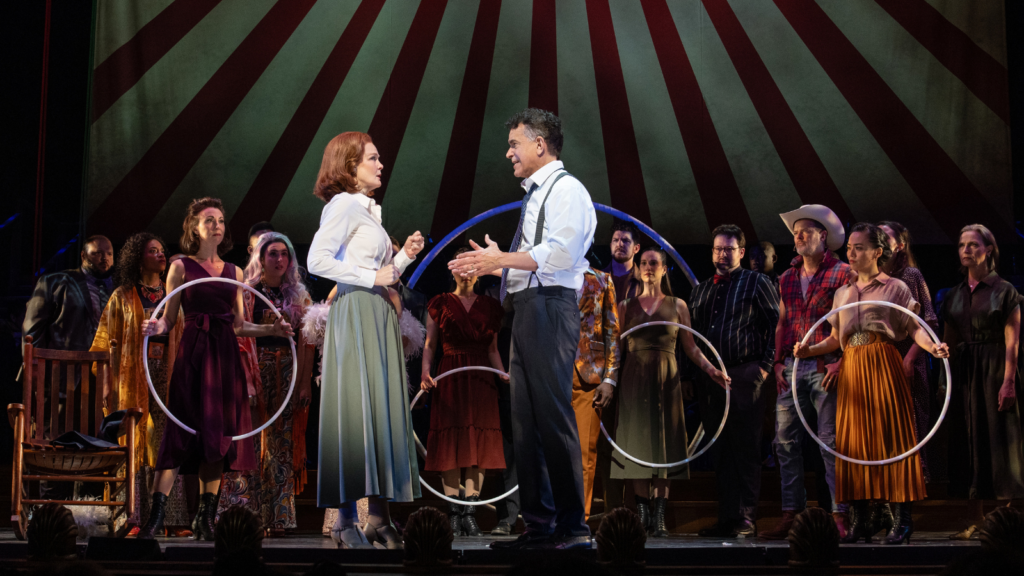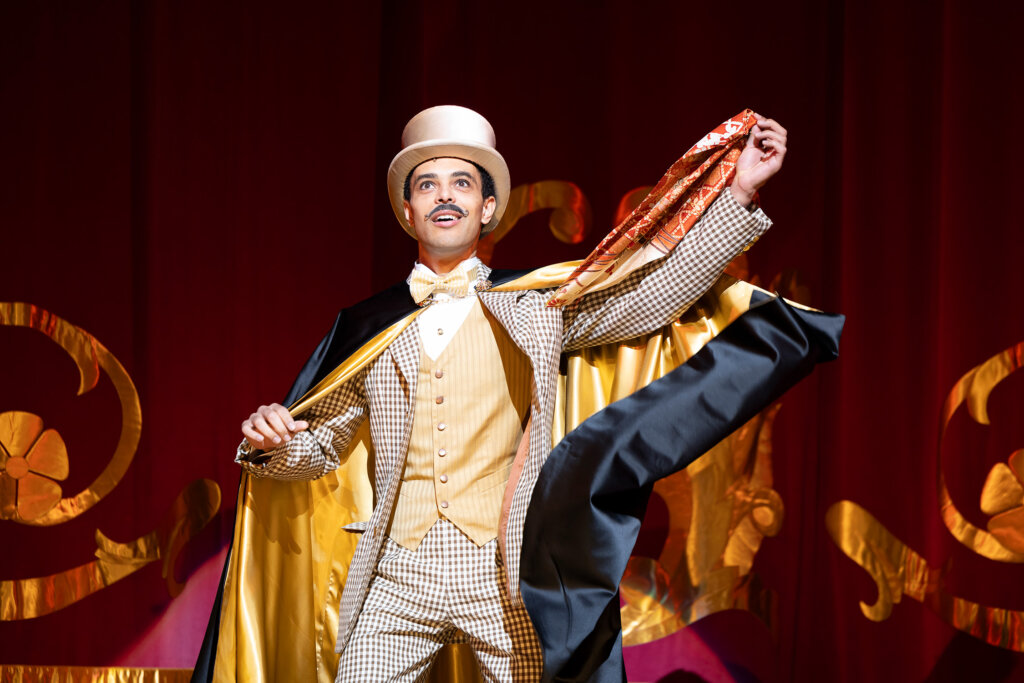 |
 |
 |
 |
On 2 March 1993, a brand-new music festival devoted to Kurt Weill opened on his birthday and in his birthplace, Dessau, Germany. It ran for five days. On 24 February 2017, the twenty-fifth Kurt Weill Fest opens: Seventeen days of stage and orchestral performances, recitals, cabarets, film screenings, exhibitions, and programming aimed at students. The first Fest featured staged performances of Der Jasager and Die sieben Todsünden along with a handful of concerts focusing on Weill’s songs and chamber music. It required three venues, all in Dessau. The twenty-fifth boasts 57 events spread over twenty venues, not only in Dessau but in neighboring cities: Magdeburg, Wittenberg, and Halle. The first Fest attracted 1,400 visitors; organizers of the twenty-fifth expect 18,500. Performers include HK Gruber, Angelika Kirchschlager, James Holmes, Ute Gfrerer, Nils Landgren, Ulrich Tukur, Ensemble Modern, the MDR Sinfonieorchester, and Artist-in-Residence Kristjan Järvi.
The Foundation has awarded financial assistance to this year’s Fest in the form of a sponsorship, and the program offers a rich selection of Weill’s music: Die sieben Todsünden (in concert) sung by Kirchschlager and conducted by Järvi, Aufstieg und Fall der Stadt Mahagonny (Oper Halle), Quodlibet (Anhaltische Philharmonie), Symphony no. 2 (Ensemble Modern, Gruber), and a vast variety of songs in pop, jazz, and cabaret stylings. Concert adaptations of Weill stage works are the hidden treasure of this year’s Fest: Die Verheißung, from The Eternal Road; “Braver Soldat Johnny,” a concert adaptation of his first Broadway show, Johnny Johnson (both performances will feature the MDR-Orchester conducted by Järvi, with Lenya Competition prizewinners as soloists); and Chansons des quais, a new concert suite based on Marie Galante heard for the first time (Gfrerer, Gruber, and Ensemble Modern). The gala anniversary concert on 4 March pulls out all the stops, with Gfrerer, Holmes, Landgren, the Anhaltische Philharmonie, Ensemble Modern, and another premiere: Holmes’s orchestral suite of music from Weill’s operetta Der Kuhhandel.
Other composers will be heard as well, of course: Bartók, Gershwin, Busoni, Ravel, Schulhoff, and many more. The theme of the Fest, “Luther, Weill & Mendelssohn” (a nod both to Moses and Felix), harks back to the dawn of the Protestant Reformation in 1517 and recognizes another great German-Jewish composer, whose works will also be liberally represented. This year’s festival also marks a changing of the guard in Dessau; Professor Michael Kaufmann will take his last bow as Intendant after eight years of distinguished service.
Features
New York Times feature article on the Kurt Weill Fest
Report on the Fest from ZDF (German television)
Complete festival program
Complete festival magazine
Learn more about Die Verheißung
Learn more about Quodlibet
Learn more about Symphony no. 2
Learn more about Aufstieg und Fall der Stadt Mahagonny
Learn more about Die sieben Todsünden



